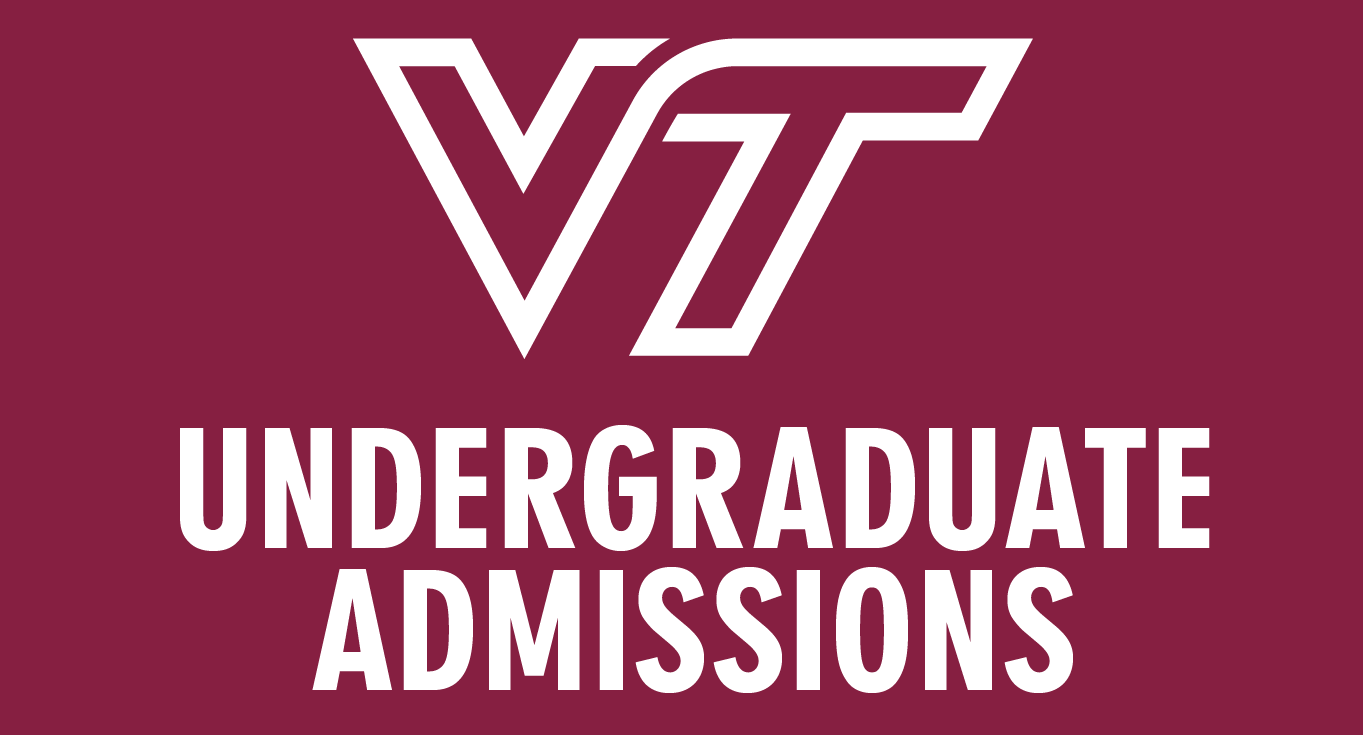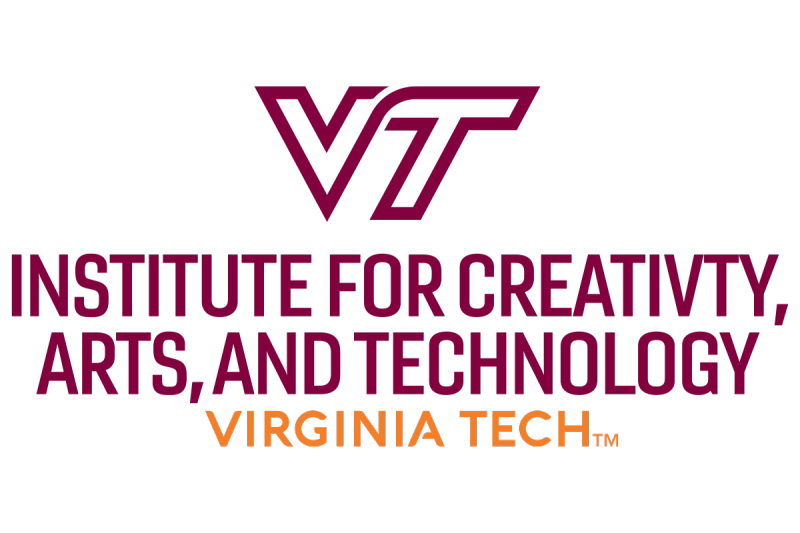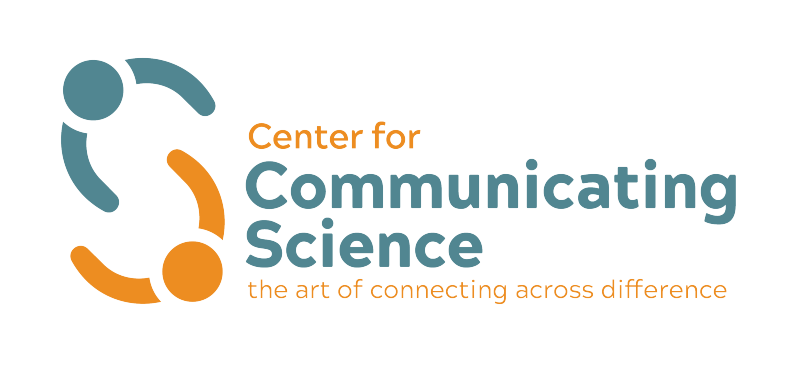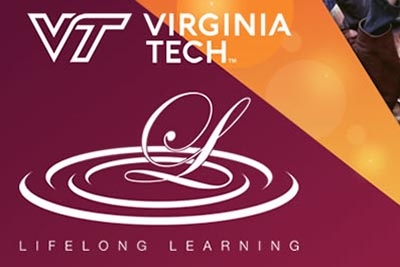PARTNERS
The Global Change Center has an array of strategic partnerships that help us achieve mutually beneficial goals. With our partners, we are advancing interdisciplinary graduate education, generating new research and science policy training opportunities for undergraduates, creating a welcoming campus environment, and providing the best available science to local community members in dynamic interactive forums.
The Fralin Life Sciences Institute
The Fralin Life Sciences Institute (FLSI) strategically invests in targeted research areas within the environmental and life sciences. Such investments include recruitment and start-up support for new faculty members, retention and recognition of established faculty members, seed funds for new research projects, equipment purchases, graduate student recruitment and support, undergraduate research support, and support for outreach activities.
In 2015, the Institute provided funding to establish the Global Change Center (GCC), by providing annual base funding, office space, and administrative support for the GCC . Steger Hall, FLSI’s flagship research building, is the home of the GCC.

The Graduate School
The Graduate School at Virginia Tech currently supports 15 Interdisciplinary Graduate Education Programs (IGEPs) to promote and sustain interdisciplinary graduate education and research at Virginia Tech. Each IGEP addresses a major fundamental problem or complex societal issue requiring an interdisciplinary team of scholars.
The Interfaces of Global Change IGEP, which is housed in the Global Change Center, is among the largest IGEPs at Virginia Tech. Boasting more than 60 Ph.D. students each year, the program provides doctoral students with a unique interdisciplinary perspective and skill set that will enable them to tackle complex socio-environmental problems. Students in the program participate in GCC-sponsored workshops, seminars, outreach activities, and social events. Funding from the Graduate School and FLSI provides the IGC IGEP with 4 12-month fellowships per year (which include funding for tuition costs and a monthly stipend), as well as support for recruitment and administration of the program.

The Office of Undergraduate Research
The Office of Undergraduate Research (OUR) promotes undergraduate research opportunities at Virginia Tech. This includes experiential learning activity that synthesizes knowledge and skills acquired in the classroom and unique undergraduate research opportunities.
The OUR serves the Virginia Tech community by facilitating the engagement of undergraduates in authentic research experiences in all areas of scholarship, especially those mentored by Virginia Tech faculty. The office offers services and support to enhance the undergraduate research experience by helping students find research opportunities, promoting dissemination of student research, providing data and programmatic support for grant-sponsored undergraduate research programs, and ensuring compliance with policies.
The OUR partners with the Global Change Center to provide support in developing new undergraduate research initiatives and in writing proposals to fund undergraduate experiential learning.

The Institute for Society, Culture & Environment
The Institute for Society, Culture and Environment (ISCE) is a university research investment institute that fosters and facilitates research, scholarships, and creative efforts of faculty in the social sciences, humanities, and the arts. The institute provides financial support and technical assistance for the development of strategic areas of interdisciplinary research addressing global issues, human development and health, social complexity, risk and resilience, public humanities, and built environments. ISCE provides a forum for faculty members to collaborate on contemporary social issues by integrating the human element into technology and science-based research and practice.
ISCE partners with the Global Change Center to provide Seed Grant funding for interdisciplinary research that crosses social, engineering, and biophysical science boundaries.

The Center for Communicating Science
The Center for Communicating Science creates and supports opportunities for scientists, scholars, health professionals, and others to develop their abilities to communicate and connect. The Center provides workshops and courses in which tools from the arts are used to help participants become better science communicators.
The Center for Communicating Science partners with the Global Change Center to provide training opportunities for affiliated faculty and graduate students.

CeZAP fosters and promotes a cohesive and synergistic environment for interdisciplinary and collaborative research across Virginia Tech in the area of emerging, re-emerging, zoonotic, and vector-borne pathogens infecting humans, animals and plants.
CeZAP and the Global Change Center collaborate to generate synergies at the nexus of global change issues and infectious disease. The organizations will be co-hosting the 2026 Ecology and Evolution of Infectious Diseases (EEID) conference at Virginia Tech. Stay tuned for details!

The Virginia Water Resources Research Center
The Virginia Water Resources Research Center (VWRRC) offers resources and support to researchers, educators, and decision makers throughout the state of Virginia. We do this by facilitating collaborative research, extension, and education programs to develop solutions to water resource challenges. We work across Virginia’s academic institutions and with federal, state, regional, nonprofit, and campus communities.
The VWRRC partners with the Global Center Center to support interdisciplinary research and training initiatives on water issues, as well as to support campus visits by world experts on water resource problems.

The School of Public & International Affairs
The School of Public and International Affairs (SPIA), is one of four schools in the College of Architecture and Urban Studies (CAUS) at Virginia Tech. SPIA seeks to offer insight and support for the most pressing policy questions of our time, and to be a voice for public service and the importance of research and knowledge in the policy-making process.
In previous summers, SPIA has collaborated with the Global Change Center through their Washington Semester Program to provide undergraduate science and engineering students with opportunities to work on challenging science policy issues within the nation’s capital. The GCC provided competitive Science-Policy Fellowships to cover tuition, fees and housing costs for students enrolled in the Washington Semester.

Hollins University
Hollins University is a small, private women’s college in Roanoke, Virginia, offering a rigorous liberal arts education for undergraduate students. The school is committed to providing science undergrads with opportunities to learn in the laboratory and in the field. More than 75% of Hollins students complete an internship or study abroad.
The Global Change Center has partnered with Hollins to provide summer research training opportunities for Hollins students in laboratories at Virginia Tech.

Lifelong Learning Institute
The Lifelong Learning Institute at Virginia Tech (LLI) is a member-driven, volunteer organization that draws on the wealth of academic and community resources in the New River Valley and provides intellectual, cultural, and social experiences for curious adults 50 and older. The GCC partners with LLI by providing faculty speakers who participate in courses and events.




